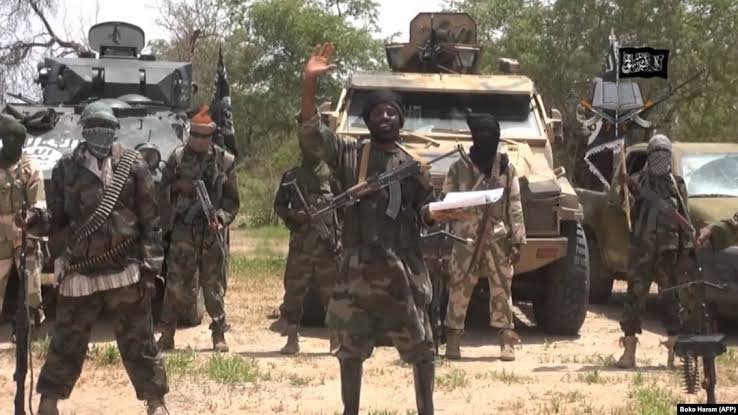
"Driving at 2 AM in USA is Safer than in Nigeria" - Chief Njoku Sparks Debate on Nigeria’s Alarming Insecurity Gap

A social media post by Chief Njoku has reignited conversations about Nigeria’s worsening insecurity, drawing a stark comparison between life in the United States and back home.
Njoku highlighted how in the US, driving at 2 AM is relatively safe, while in Nigeria the same act could be life-threatening. His observation lands at a time when insecurity has become a national crisis.
The Nigeria Security Tracker reported that more than 2,600 people have been killed in violent incidents across the country in 2024 alone. From armed banditry to kidnappings and communal clashes, the threats have become so pervasive that even routine activities like night driving feel like high-risk ventures.
Reactions to Njoku’s comments reveal a nuanced global perspective. One user, @ahm_dinho, acknowledged that targeted attacks do occur abroad, but stressed that Nigeria’s reality is uniquely dire.
His point is reinforced by a 2023 World Bank survey, which found that nearly 70% of Nigerians say they feel unsafe due to rising crime and conflict. This overwhelming sense of vulnerability continues to erode public trust and deepen fears about everyday safety.
Adding to the gravity, Nigeria’s placement in the 2025 Global Peace Index reflects the broader problem. Ranked 143rd out of 163 countries, Nigeria sits far from the list of the world’s safest nations, a sobering reminder of how far the country is from stability. Experts attribute this to persistent armed banditry, terrorism in some northern regions, and weak governance that struggles to enforce security policies effectively.
Njoku’s remarks, though personal, echo a national reality: what feels like normal life in safer countries is a gamble in Nigeria. The contrast underscores the urgent need for systemic reforms, stronger policing, and genuine political will to make safety not a privilege, but a standard.


